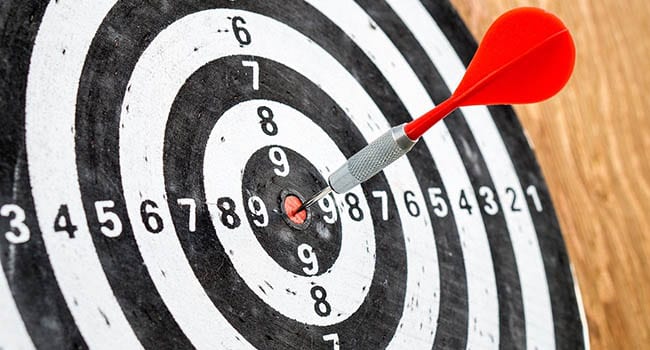 January brought us a new decade to assess our businesses and let go of what would no longer serve in the 2020 era.
January brought us a new decade to assess our businesses and let go of what would no longer serve in the 2020 era.
To use Dr. Henry Cloud’s analogy of growing a business the same way one grows a rose bush (from his book Necessary Endings), I cut very good branches from my business to support those branches that aligned with a business pivot.
I had to change a number of personal behaviours in order to grow this refined iteration of my business.
One of these behaviours came in the form of committing to better physical health to support improved mental health, energy levels, sleep habits and so much more. I decided to relearn how to run five km, starting with running for one minute, walking for one minute, building up to 10-minute/one-minute intervals.
This small behaviour that was restarted at the end of February would become key to growing my business in the middle of a global pandemic.
Moving forward in this new business environment, the following lessons from a simple five-km training strategy will help leaders understand how to pivot, while remaining focused on both long- and short-term goals.
First and foremost: your actions aren’t always about the end goal, but a demonstration of your commitment to the very next right step, regardless of how difficult a step it may be. This shows up by being able to adjust to what’s in front of you while still keeping your behaviour.
For instance, March in Calgary was full of -30C mornings that happened to fall on my training days. Rather than waiting for better weather, I had to adjust by layering up and slowing my pace to cope with the cold air. It became less about the environment than the mindset that I was taking into my daily run.
Many businesses – mine included – are pivoting marketing messages, promotions and services looking to provide better support in a larger, more compassionate way. To do this, very hard decisions are being made in the short term to ensure a company’s longer-term goals will be met, just on a potentially shifted timeline.
Next, by keeping yourself committed to a short-term goal, you’re setting yourself up to actually realize your long-term goals. With all the shifts in the economy, it’s hard to stay committed to pre-COVID-19 long-term goals. However, there’s no reason why your longer-term goals should be abandoned.
Remember, many businesses are starting their second quarters now. So the year is not nearly done – you have plenty of time for forward motion to come. Now is the time to really build your business endurance and core muscles, focusing on short-term goals and wins along the way.
The third lesson I’ve learned about business behaviours through running is the power of ‘trapping’ oneself into doing a behaviour. These traps help keep you committed to your actions in spite of how you feel that day.
I trap myself into running in the mornings by laying out my running gear the night before.
For my business, I have a clear list of behaviours I’m committed to completing before I can leave my office for the day. Once done, the computer is signed off for the evening.
Right now, it’s not necessarily about how productive a company is, but whether they’re committing to the right behaviours to support them in achieving their long-term goals after the economy shifts again.
What will happen at the end of this, I have no clue. However, by clearly defining what behaviours can be controlled, the likelihood of achieving a successful business pivot in 2020 is much, much higher.
How have your business behaviours changed or not changed as a result of COVID-19? Share your insights and questions with Lindsay. Contact [email protected]
Lindsay is a Troy Media Thought Leader. Why aren’t you?
The views, opinions and positions expressed by columnists and contributors are the author’s alone. They do not inherently or expressly reflect the views, opinions and/or positions of our publication.

